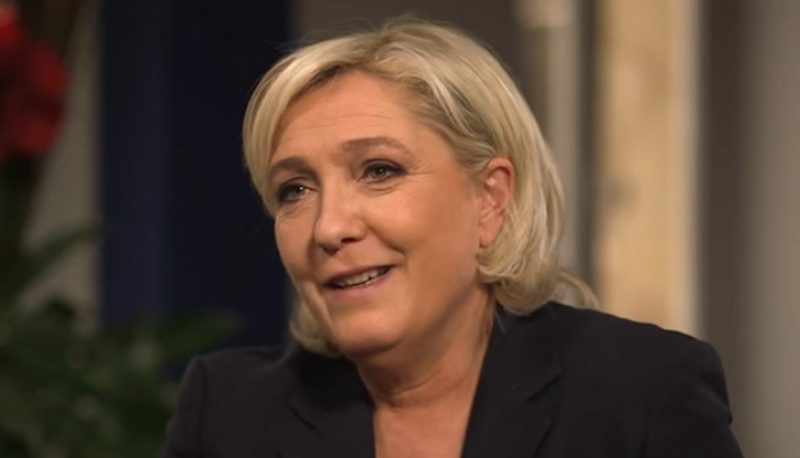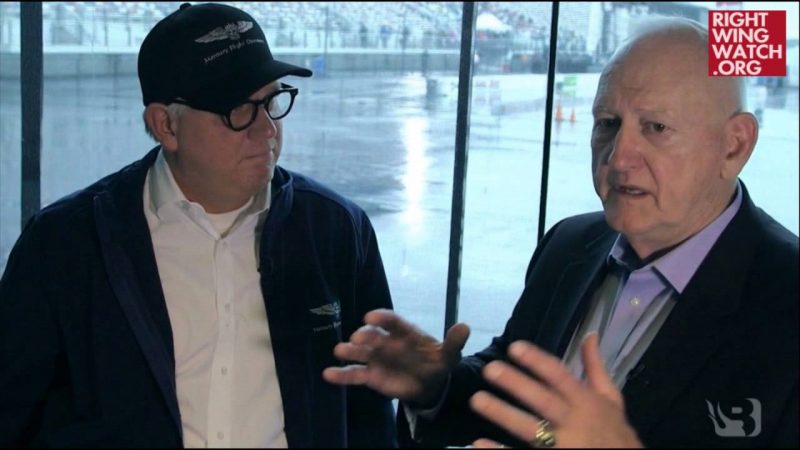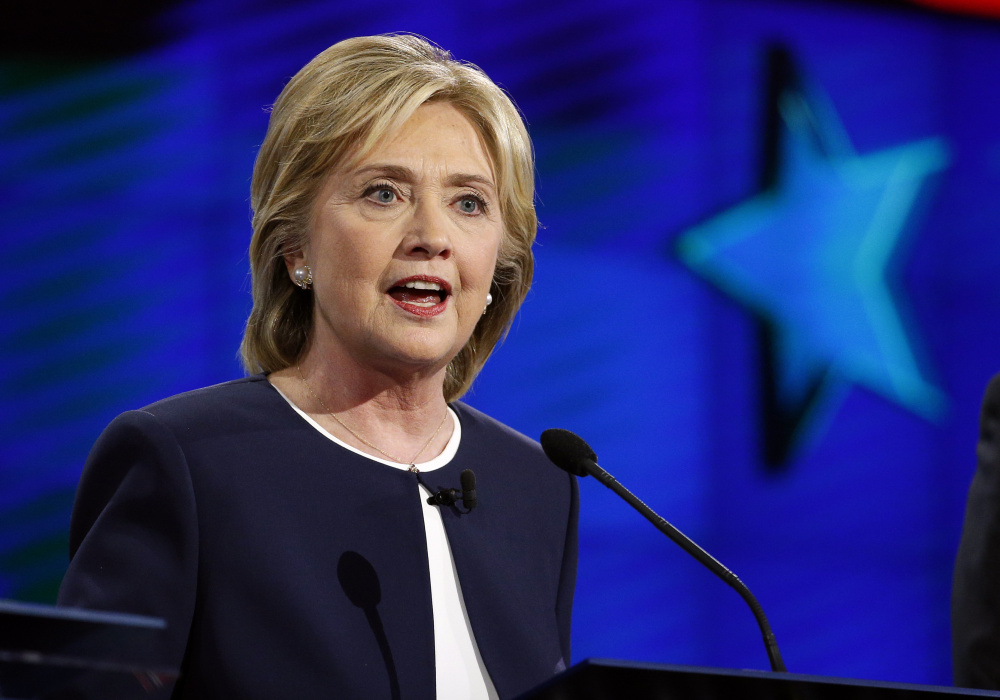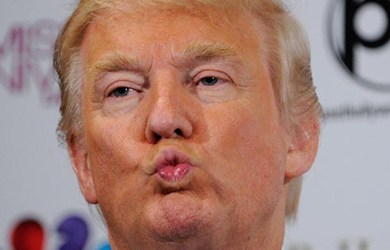France’s far-right National Front party, admired by White House strategist Steve Bannon and aligned with the Putin admirers of the Religious Right, may not have jettisoned its anti-Semitic past as much as the party’s leaders would like people to believe, according to a story published this week by Foreign Policy magazine. It notes that National Front leader Marine Le Pen has shifted the party’s focus away from small-government economics to a populist “economic patriotism” that is packaged with the demonization of Muslim immigrants. Sound familiar?
Donald Trump has been compared to Le Pen since the start of his campaign. Le Pen, according to the Washington Post, was the first foreign politician to congratulate Trump on his victory. She initially touted his victory as “a sign of hope” for her own campaign, and she was seen in Trump Tower in January, though she has since backed away given how unpopular Trump is in France.
Le Pen, who took over the National Front from her father in 2011, has made a great show of distancing the party from its anti-Semitic and fascist-sympathizing past. At one point she even criticized Trump’s call to ban Muslims from entering the U.S. But the Foreign Policy story, written by Emma-Kate Symons, suggests that Le Pen’s campaign of dédiabolisation or “de-demonization” may be more public relations than reality:
Marine Le Pen made headlines Sunday for claiming that France was not responsible for deporting Jews to Nazi concentration camps — a comment that gave the country flashbacks to her Holocaust-denying father. But the remark came amid a new spate of reporting and scholarship in France that has cast doubts on whether the new National Front is really any different from the old National Front.
Foreign Policy reviews a “wave of investigative journalism and research” that “has painted a picture of an organization that, at its highest levels, is awash with Hitler admirers and Holocaust-denying far-right nationalists, including within Marine Le Pen’s inner circle, who could well be poised to work at the Élysée Palace should she win on May 7.”
The story reports on Le Pen advisers who were members of an ultra-nationalist right-wing youth group and who have “visited the late Belgian Waffen-SS Nazi collabortationist politician Léon Degrelle in order to pay their respects.” Much of the focus has been on longtime Le Pen adviser Frédéric Chatillon. Chatillon was legally barred from working for the National Front after being charged with campaign finance violations in the 2012 elections, says Foreign Policy, but a Le Canard Enchainé article titled ‘The Little Nazi at Marine Le Pen’s Door’ reported that he is still a paid member of Le Pen’s campaign team. “When Le Pen congratulated Russia and China for opposing intervention against Assad in Syria,” says Foreign Policy, “she was allegedly parroting talking points from Chatillon, who joined a group of hard-right French political figures who were visiting the dictator in Damascus in March 2016.”
Symons reviews the steps Le Pen has taken to rehabilitate the party’s image, most dramatically in 2015 when she expelled her own father from the party after he repeated comments minimizing the Holocaust. She has also tried to court gay and Jewish voters. The PR campaign has worked to some extent:
Le Pen may have succeeded in reshaping the National Front image outside of France. In the United States, she is feted by Republicans such as Steve King. In the Netherlands, she has formed a European alliance with anti-Islam immigrant-bashing politician Geert Wilders, who once made a point of keeping his distance from the National Front.
King is not the only fan of the National Front on the American Right. In 2014, radio host Alex Jones said he’d not only vote for Le Pen, “I’d get down and kiss her feet.” While writing in Breitbart, Sarah Palin praised Le Pen and her niece, Marion Maréchal Le Pen, who is also a National Front politician.
Under Steve Bannon’s leadership, Breitbart gave “glowing coverage” to far-right European parties. Back in July, before he officially joined the Trump campaign, Bannon talked about Breitbart wanting to expand to France, which he said was “the place to be,” citing “women from the Le Pen family.” After the election in November, the Daily Beast called Bannon “the direct line between the European far-right and Donald J. Trump, leader of the free world.” Indeed, Wilders was a featured speaker at a Breitbart-supported anti-Muslim “Gays for Trump” party in Cleveland during the Republican National Convention.
The admiration is mutual: Europe’s far-right leaders, including Jean-Marie Le Pen, were big fans of Trump’s candidacy. During the campaign, Trump supported the U.K.’s departure from the European Union, something Marine Le Pen wants to replicate in France. And of course, back then, Trump shared Le Pen’s enthusiasm for Russian leader Vladimir Putin, and in those happier days of their mutual admiration society, Putin returned the favor.
The U.S. Religious Right is also connected to the National Front through its increasingly global activism, much of which is coordinated through the World Congress of Families, now headed by National Organization for Marriage President Brian Brown. Brown joined a delegation of French anti-gay activists on a 2013 trip to Moscow to meet with Russian legislators; the French delegation was led by a former National Front candidate. Among those attending last year’s WCF summit in Tbilisi, Georgia, was Marion Maréchal Le Pen. World Congress of Families funder Konstantin Malofeev, a Putin ally known as “God’s Oligarch,” hosted a 2014 meeting about ridding Europe of the “satanic gay lobby,” which was attended by the National Front’s Aymeric Chauprade.









